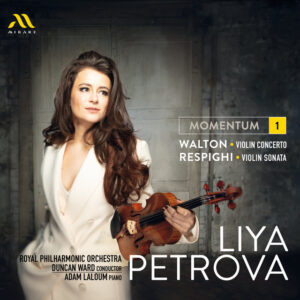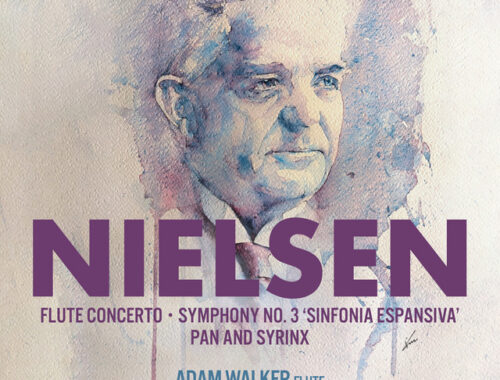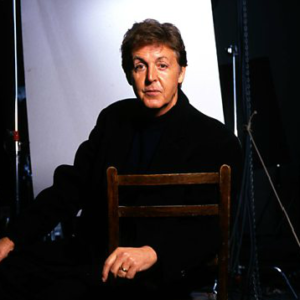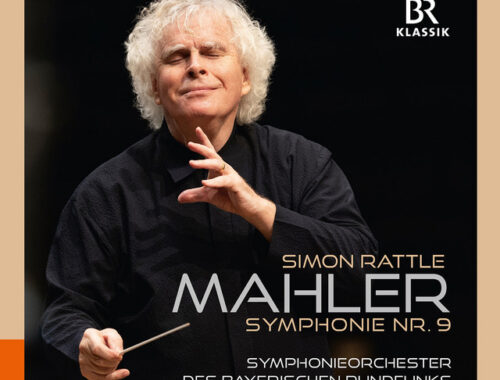GRAMOPHONE Review: Walton Violin Concerto/Respighi Violin Sonata in B minor – RPO/Ward
 What a shrewd coupling: seemingly unlikely bedfellows united not just by dint of having both been written in Italy (the Walton, of course, at his retreat in Ischia) but by a certain something in the water…the Mediterranean, that is.
What a shrewd coupling: seemingly unlikely bedfellows united not just by dint of having both been written in Italy (the Walton, of course, at his retreat in Ischia) but by a certain something in the water…the Mediterranean, that is.
You hear it immediately in the colour and cast of the opening idea in both pieces – a kind of luxuriance which comes from heat and light and the songful nature of a land steeped in Opera. It stifled the Englishness and brought out the exotic in Walton and the response of this young Bulgarian violinist Liya Petrova is testament to the way in which Sir William’s beautiful concerto has become more of an ‘international’ staple. Petrova really catches its improvisational manner, its gorgeous themes spun, as it were, in the playing of them. Those sultry descents to the G string are especially seductive. And listen to the way in which she tenderly muses in and around the opening theme when it so magically returns in the woodwind towards the close of the first movement. But equally there is the rebellious snap and crackle of Walton’s extrovert nature where Petrova can revel in the jazzy syncopation of his pyrotechnics.
The immediacy of the recording (which I personally favour) is a real asset in these passages, the soloist well to the foreground but in no way obscuring the keenness of the inner part writing in the orchestra – not least in the central scherzo where again the contrasting trios are so trance-like in their invitations to the dance. The Royal Philharmonic under Duncan Ward are on their toes throughout and an infectious energy is passed back and forth between soloist and orchestra.
I was not familiar with the Respighi Sonata in B minor before hearing this account and despite the dramatic shift in dynamics from orchestra to piano – the excellent Adam Laloum – the opening subject of the first movement seemed distantly related to the Walton – and not just because it was still, so to speak, in the air. Needless to say there is a neo-classical ring to the way in which Respighi presents his material (he always seemed to have one foot in other eras) but an overt theatricality too: the ardent climax of the slow movement is positively operatic. Again, though, Petrova relishes the lyric imperative, the effusiveness, of the writing bringing her impassioned Slavic nature to bear on it – and coming back to the unique coupling she’s clearly thought long and hard about how the proximity of two very different works can impact upon each other and only add to the enjoyment of both.
You May Also Like

GRAMOPHONE Review: NIELSEN Flute Concerto, Symphony No. 3, Pan & Syrinx – Bergen Philharmonic/Gardner
03/06/2024
A Conversation With SIR PAUL McCARTNEY: BBC Radio 4 Kaleidoscope
15/09/2015

